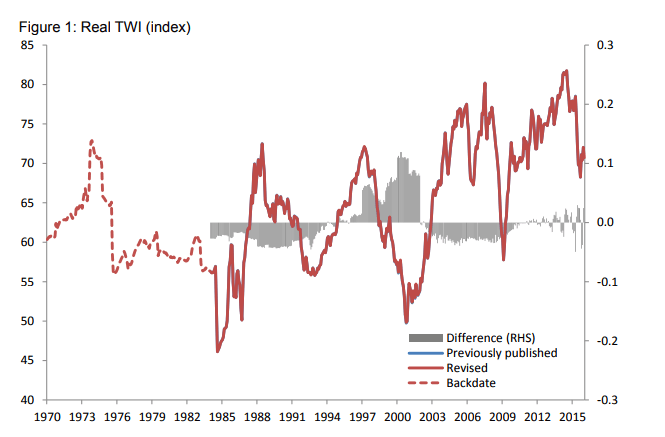
Vanguard is launching its first-ever actively managed mutual fund focused on environmental, social and governance factors. ASSOCIATED PRESS
Vanguard, the $5.3 trillion-in-assets behemoth that popularized index investing, announced it’s jumping on the ESG bandwagon. ESG strategies consider environmental, social and governance factors when choosing stocks and bonds. It’s Wall Street’s latest infatuation, since it appeals to a socially and environmentally conscious market.
Despite Vanguard’s long-standing tradition of passive investing, the Valley Forge company has filed for its first actively managed ESG fund, the Vanguard Global ESG Select Stock Fund, which will hold about 40 stocks and will be managed by Wellington Management.
One longtime Vanguard investor says it’s a marketing move. “Just the way Vanguard jumped on the factor-investing train last year, they’ve jumped whole-hog into the ESG marketplace. This is all about marketing,” says Dan Wiener, editor of the Independent Adviser for Vanguard Investors newsletter and chairman of Adviser Investments, a wealth management firm with $5 billion in assets. “It’s a very different thing than what Jack Bogle used to do. He was not driven by the same kind of marketing incentives that Vanguard is driven by today.”
A Vanguard spokesperson says the company only launches funds that meet investor needs. “We have a long history of fund innovation, and we take a highly thoughtful approach to product development.”
ESG funds continue to attract record numbers of assets. In 2018, they received $5.5 billion in net inflows, reaching a record for the third straight year and bucking the trend of declining inflows in the overall mutual fund market, Morningstar reports.
Everyone loves the idea of making money and doing good, but investors should be wary of industry hype. Some run-of-the-mill funds have reclassified themselves as ESG-focused, while others call themselves ESG but have holdings that run afoul of ESG principles.
Vanguard’s new fund “may hold companies that would be omitted by some exclusionary ESG strategies,” the press release reads. That likely means Vanguard could sink money into sectors that make traditional ESG advocates cringe, like tobacco, oil and gas and defense. The fund will become available in mid-2019 and will have an expense ratio of 0.45% to 0.55%.
Vanguard already has a few ESG offerings, but they haven’t attracted much attention. Its FTSE Social Index Fund, which launched in 2000 and holds more than 500 stocks, is the largest, with $5.1 billion in assets, according to Morningstar. Its ESG International Stock Fund ETF has $214 million in assets, while its ESG U.S. Stock ETF has $266 million. By contrast, its Total Stock Market Index Fund has $757 billion.
Recent research has shown that ESG investments can outperform non-ESG portfolios. But it’s not easy. Looking back five and ten years, the best-performing ESG funds are offered by Brown Advisory, Parnassus, Praxis and Ariel, with annualized returns ranging from 12% to 18%, according to Bloomberg and the Forum for Sustainable and Responsible Investment. That compares with 10% for the S&P 500 over five years and 17% over 10 years. Each of those ESG funds holds about 30 to 40 stocks, with the exception of Praxis, which has 235.
“To me, the most attractive part of Vanguard’s ESG fund is that it’s only going to hold 40 stocks,” Wiener says. “A concentrated fund in the hands of a good manager can be a very good way to invest. You get a manager’s best ideas without all the fluff that waters down a typical portfolio.”
Wiener’s larger concern is that he thinks Vanguard should improve its technology and service infrastructure before launching so many new products. “Vanguard continues to have some serious technology issues dealing with growth in the business, and some issues around customer service,” he says. “Until they get their services issues under control, they should reign in the marketing people.”
A Vanguard spokesperson says, “We’re investing heavily in our technology across the business, and late last year, we completed a major systems upgrade to improve the resiliency and performance of our websites.” The company has also named a “chief client experience officer” to focus on customer service.
[“source=forbes”]





















































